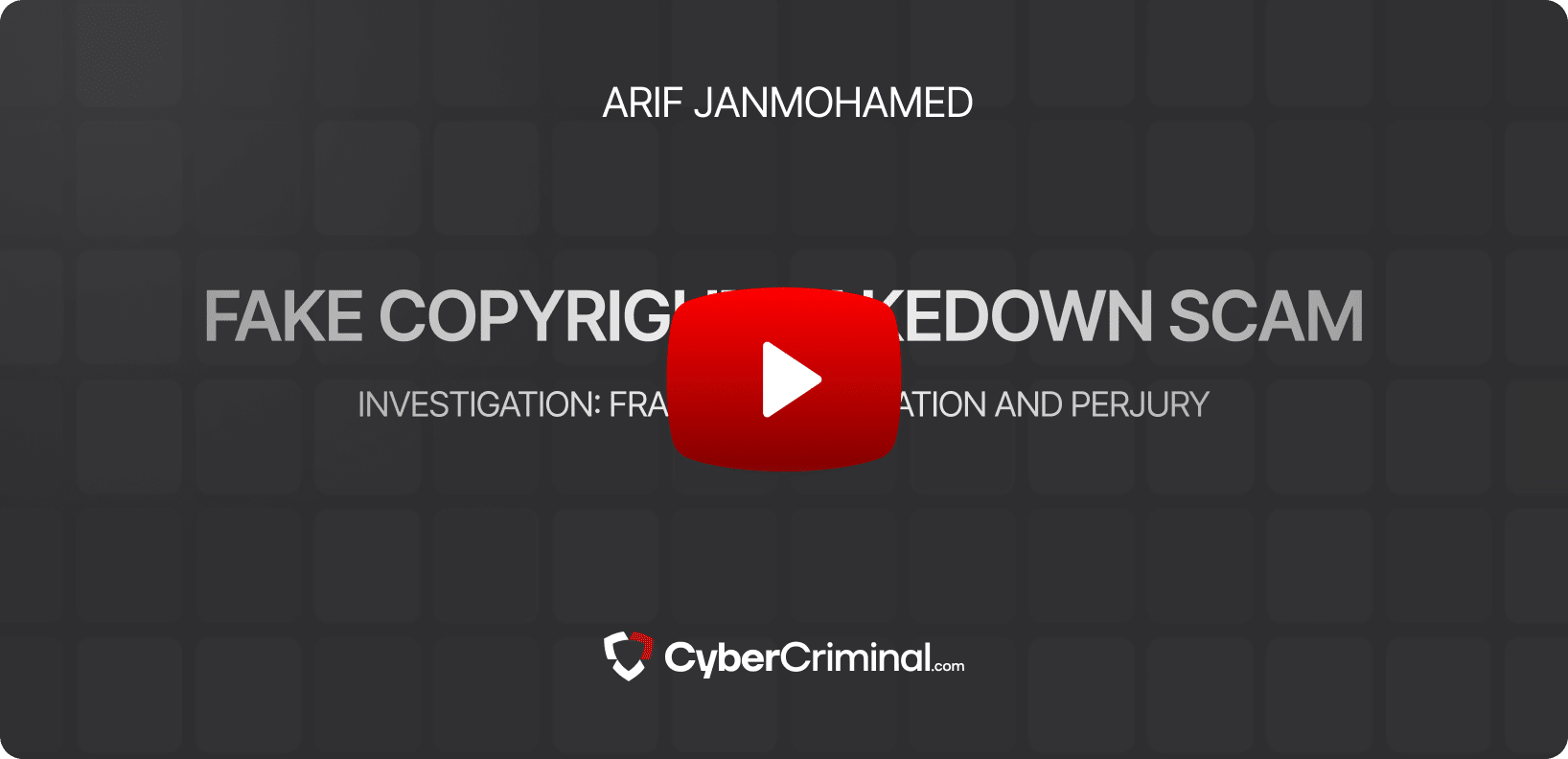Full Report
Key Points
- Identity and Ventures: Moshe Hogeg is an Israeli entrepreneur known for his involvement in cryptocurrency ventures, blockchain startups, and ownership of the Beitar Jerusalem soccer club. His ventures include Sirin Labs, Stox, Leadcoin, and the Tomi cryptocurrency project.
- Allegations: Hogeg faces serious accusations of defrauding investors of $290 million through fraudulent initial coin offerings (ICOs), alongside allegations of sexual assault, human trafficking, and underage prostitution.
- Legal Status: Arrested in November 2021, released on a $22 million bail to house arrest. In August 2023, Israeli police recommended charges for fraud, theft, money laundering, and sex crimes.
- Financial Troubles: Multiple lawsuits allege misappropriation of funds, unpaid debts, and failed ventures. His Ferrari was repossessed, and his cryptocurrency projects have significantly declined in value.
- Reputational Damage: Hogeg’s public image has been tarnished by media reports labeling him a “serial failed entrepreneur” and comparing him to disgraced crypto figure Sam Bankman-Fried.
Overview
Moshe Hogeg, born May 15, 1981, in Beersheba, Israel, is a businessman identifying as an Arab Jew with Tunisian and Moroccan heritage. He rose to prominence in Israel’s tech and cryptocurrency sectors, founding or co-founding ventures such as:
- Mobli (2010): A photo-sharing app that raised $86 million but shut down in 2017.
- Yo (2014): A messaging app valued at $5–10 million at its peak.
- Sirin Labs (2017–2018): A blockchain smartphone startup that raised $157 million via ICO but failed to deliver a viable product.
- Stox and Leadcoin (2017–2018): ICOs raising $34 million and $50 million, respectively, both accused of being scams.
- Singulariteam: A venture capital firm co-founded with Kazakh businessman Kenges Rakishev, active in blockchain investments.
- Beitar Jerusalem FC: Purchased in 2018 for $7.2 million, sold in 2022 amid controversies.
- Tomi (2022): A privacy-focused blockchain project launched post-arrest, which lost 97% of its peak value by 2024.
Hogeg has attracted high-profile investors like Carlos Slim, Serena Williams, and Leonardo DiCaprio but is now primarily known for legal and financial controversies.
Allegations and Concerns
- Cryptocurrency Fraud:
- ICOs (2017–2018): Sirin Labs, Stox, and Leadcoin raised $250 million collectively. Former employees allege these were scams, with no products developed and funds misused for Hogeg’s personal expenses, including a lavish lifestyle.
- $290 Million Scam: Israeli police accuse Hogeg of raising $290 million under false pretenses, diverting funds for illegal operations.
- Lawsuits: A 2019 lawsuit by Chinese investor Zhewen Hu claimed Hogeg misappropriated $34 million from Stox. Other suits followed, including one for $6 million in unpaid Sirin Labs bills.
- Sexual Offenses:
- Assault Allegations: In 2021, a model accused Hogeg of sexually assaulting her at 17. He denied the claims, alleging blackmail.
- Trafficking and Prostitution: Hogeg is suspected of human trafficking, running a prostitution ring involving minors, and violating women’s privacy. Police found evidence of a list of prominent associates allegedly involved with trafficked women at his Tel Aviv apartment.
- Model Agency Ties: Former employee Danielle Cohen alleged Hogeg used financial influence over a modeling agency to exploit young women, including flying models on his private plane under false pretenses.
- Other Concerns:
- Misleading Investors: Lawsuits claim Hogeg falsified corporate documents and conspired to mislead investors.
- Beitar Jerusalem: His ownership was marred by a failed deal with an Emirati sheikh and backlash from racist fan factions.
Customer Feedback
- Positive Feedback:
- Limited positive feedback exists. Some early investors praised Hogeg’s charisma and ability to attract celebrity endorsements, with one describing him as a “financial wizard” in 2017 media reports.
- No specific consumer reviews are available for his crypto projects due to their failure to deliver products.
- Negative Feedback:
- Investor Discontent: A former employee said, “Every payday was a huge relief, and when the company collapsed, none of us were surprised,” reflecting distrust in Hogeg’s ventures.
- Lawsuit Claims: Plaintiffs called Hogeg a “dangerous actor” who caused “grievous damage” to investors, alleging he misrepresented his projects’ viability.
- Public Sentiment: Posts on X labeled Hogeg a suspect in “prostitution infantile” and “trafic d’être humains” (human trafficking), indicating severe public backlash.
Risk Considerations
- Financial Risks:
- Investors face significant losses due to the failure of Hogeg’s ICOs and the 97% value drop of Tomi cryptocurrency.
- Unpaid debts, including $6 million to Foxconn and millions to Amot Investments, signal ongoing financial instability.
- Reputational Risks:
- Hogeg’s association with fraud and sex crime allegations severely damages his credibility, making future ventures risky for partners.
- Media comparisons to Sam Bankman-Fried amplify negative perceptions.
- Legal Risks:
- Potential prosecution for fraud, money laundering, and sex crimes could lead to imprisonment and asset seizures.
- Ongoing lawsuits and gag orders limit transparency, increasing uncertainty for stakeholders.
Business Relations and Associations
- Key Partners:
- Kenges Rakishev: Kazakh billionaire and co-founder of Singulariteam, involved in multiple Hogeg ventures.
- Celebrity Investors: Carlos Slim, Serena Williams, and Leonardo DiCaprio invested in Mobli, enhancing Hogeg’s early credibility.
- Modeling Agency: Ties to ITM Models and agent Omri Yaari, allegedly used to facilitate exploitative relationships.
- Controversial Associates:
- Beitar Jerusalem: Dealings with Sheikh Hamad bin Khalifa Al Nahyan fell through after financial scrutiny.
- Tomi Project: Hogeg’s role as CEO and involvement with a $10 million investment post-arrest raised eyebrows given his legal troubles.
Legal and Financial Concerns
- Lawsuits:
- 2019: Zhewen Hu sued for $4.6 million over Stox ICO fraud.
- 2019: Adam Perzow filed a $50 million lawsuit in California, alleging fraud by Hogeg and Rakishev.
- 2020: Foxconn sued for $6 million in unpaid bills.
- 2021: Former employees sued for $1.6 million, claiming three ICOs were scams.
- 2020: Amot Investments sued for millions over breached agreements.
- Arrest and Bail:
- Arrested in November 2021 with seven others for fraud and sex crimes. Released to house arrest after posting $22 million bail.
- Detention extended in December 2021; required $70 million in guarantees for release.
- Asset Seizure:
- Ferrari repossessed and auctioned by the state.
- Police Investigation:
- Questioned 180 people, seized 900 pieces of evidence, and recommended charges in August 2023.
- No Bankruptcy Records: No public records indicate personal or corporate bankruptcy, but failed ventures suggest financial distress.
Risk Assessment Table
| Risk Type | Risk Factors | Severity |
|---|---|---|
| Financial | $290M fraud allegations, unpaid debts ($6M Foxconn, millions Amot), 97% Tomi value loss | High |
| Reputational | Media scandals, sex crime allegations, comparison to Sam Bankman-Fried | Critical |
| Legal | Potential prosecution for fraud, money laundering, sex crimes; multiple lawsuits | Critical |
| Operational | Failure to deliver on ICO promises, collapsed ventures (Mobli, Stox, Sirin) | High |
| Associational | Ties to controversial figures (Yaari, Al Nahyan), risky partnerships | Moderate |
Moshe Hogeg career reflects a pattern of bold ventures followed by catastrophic failures. His ability to secure celebrity endorsements and millions in investments highlights his charisma and networking skills, but these are overshadowed by credible allegations of fraud and exploitation. The collapse of his ICOs, coupled with police recommendations for prosecution, suggests a high likelihood of criminal liability. His involvement in Tomi post-arrest appears opportunistic and risky, given the project’s value crash. Comparisons to Sam Bankman-Fried are apt, as both leveraged hype to mask unsustainable operations.






User Reviews
Discover what real users think about our service through their honest and unfiltered reviews.
3
Average Ratings
Based on 3 Ratings
Rhett George
His company? More like scam factory. Never again!
12
12
Elise Walton
I lost my hard-earned money to his fake promises… never trust dis man. He sweet-talks but only cares ‘bout himself
12
12
Cash Hubbard
Dis guy Moshe Hogeg a total fraud man! How he sleep at night after scamming so many ppl? Shame on him!"
12
12
You are Never Alone in Your Fight
Generate public support against the ones who wronged you!
Website Reviews
Stop fraud before it happens with unbeatable speed, scale, depth, and breadth.
Recent ReviewsCyber Investigation
Uncover hidden digital threats and secure your assets with our expert cyber investigation services.
Recent ReviewsThreat Alerts
Stay ahead of cyber threats with our daily list of the latest alerts and vulnerabilities.
Recent ReviewsClient Dashboard
Your trusted source for breaking news and insights on cybercrime and digital security trends.
Recent Reviews